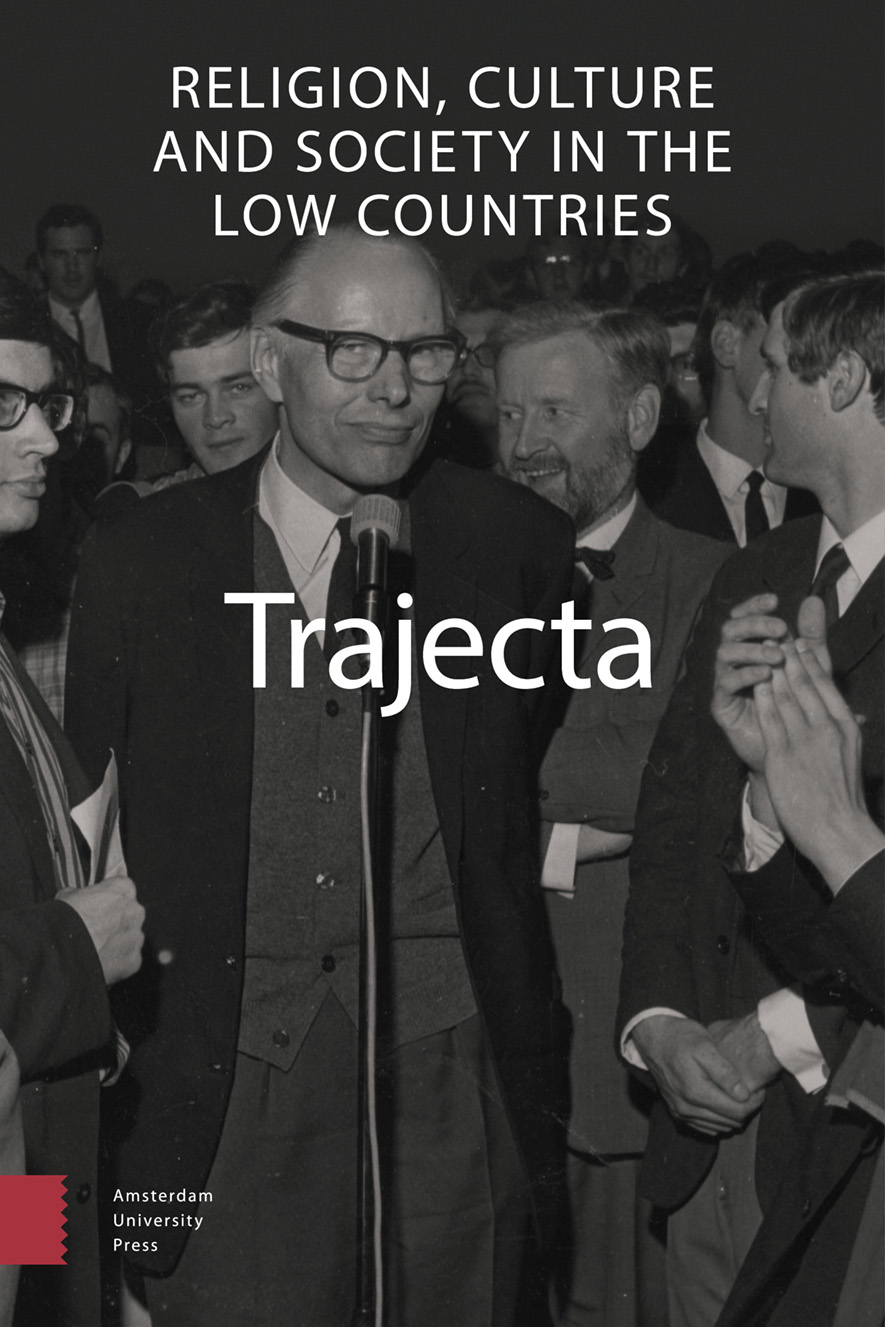- Home
- A-Z Publications
- Trajecta
- Previous Issues
- Volume 28, Issue 2, 2019
Trajecta - Volume 28, Issue 2, 2019
Volume 28, Issue 2, 2019
Language:
English
-
-
oa ‘De organisatie van het bewind der Joodschen Eerdienst dezer Provintie’
More LessBy Bart WalletAbstract In 1815 the United Kingdom of the Netherlands started, uniting the territories of the former Dutch Republic with the so-called Southern Netherlands. The unification and its political ramifications had huge impact on the Jewish communities in the southern provinces, mainly concentrated in the cities Brussels, Gent, Antwerp, Namur and Liège. During the 15 years within the United Kingdom, up until 1830, thes Read More
-
-
-
oa Secularization and the Modern History of Funerary Culture in Europe
More LessAbstract This article connects the history of attitudes toward death and funerary practices in 19th- and 20th-century Europe to the ongoing discussion on secularization. It emphasizes how recent scholarship on the history of death – following broader trends within religious studies – has abandoned the standard modernization-narrative of secularization, and moved to view the issue through the prism of conflict and mark Read More
-
-
-
oa ‘Met wijsheid, voorzichtigheid en gematigdheid vooruitgaan’
More LessAbstract Between 1908 and 1966 the Dutch Jesuits founded five retreat institutions in the Netherlands to support the laity with spiritual care and to enable them to undergo (a part of) the Spiritual Exercises of Ignatius van Loyola (the founder of the Jesuits). Notwithstanding the enormous popularity of these retreat activities, especially in the first half of the twentieth century, this phenomenon has hardly been subject to aca Read More
-
-
-
oa Political Mission of the ‘Clericalized Laity’
More LessAbstract This article addresses the political engagement of Catholic students in the Netherlands during the inter-war period. Recently there has been an increased academic interest both nationally and internationally, in juvenile and radical Catholicism in the inter-war years. In the Netherlands, the magazine De Gemeenschap and the girls’ movement De Graal are important examples of the radical Catholicism of th Read More
-
-
-
oa Om mens en menselijkheid
More LessAbstract In May 1945, shortly after the Liberation of the Netherlands, Dutch Reformed minister Willem Banning (1888-1971) published a sketch of a ‘personalistic socialism’. Shortly thereafter, he became one of the founding fathers of the renewed Dutch Labor Party. At the first convention of the new party he proposed that the process of renewal of socialism had to be informed by ‘spiritual values’. In Dutch historiography, the rol Read More
-
Most Read This Month
Article
content/journals/07788304
Journal
10
5
false
en

Most Cited Most Cited RSS feed
-
-
oa Odd Bedfellows, New Alliances
Authors: Markus Balkenhol & Ernst van den Hemel
-
- More Less

